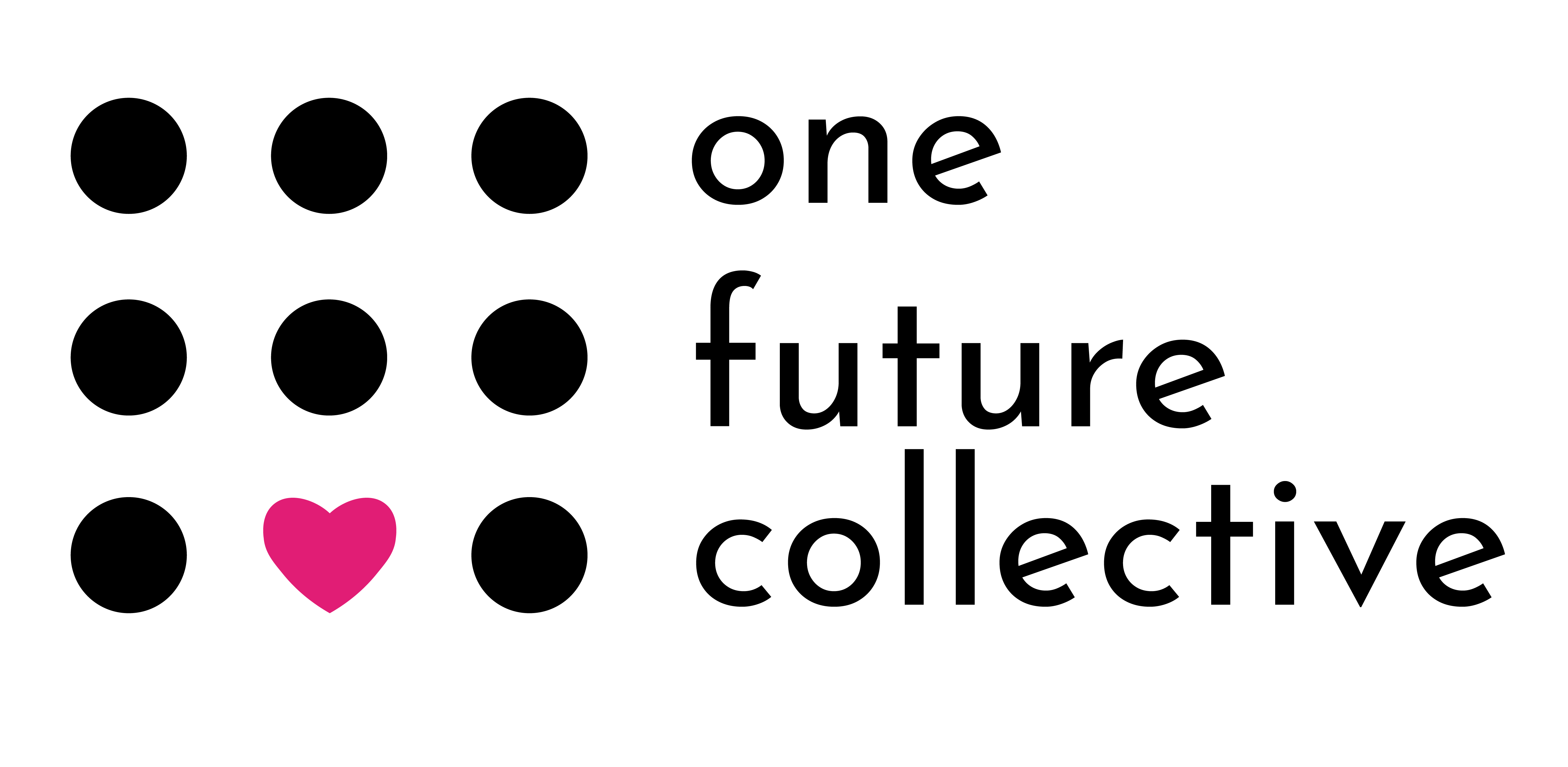The Mental Health Institute 2018 — Day 4
MUMBAI- On 16th of December, an early Sunday morning, we all geared up, aware and alert at the final day of the Mental Health Institute. Ms. Havovi Hyderabadwala, co-founder of Mind Mandala and a clinical-forensic psychologist, was our first speaker and she shared her views about Mental Health and the Law, importantly focusing on The Mental Health Act. Participants were divided into groups to read the act and debate amongst each other. The seemingly lazy Sunday morning suddenly seemed active and vibrant. Every individual went back with some understanding of the law, the act and its relation to mental health- the prime objective of the program.
The afternoon demanded young researchers to present their topics for the youth innovation design challenge powered by One Future Collective & Desousa Foundation. This was to create involvement in the field of research and encourage young minds to implement small changes in the present system. A clear objective, purpose, rationale and plans to implement the idea were some common guidelines for the challenge.
Another well-known person in the field of mental health is Carl Jung, who was quoted saying, “Every form of addiction is bad, whether the narcotic be alcohol or morphine or idealism.” The next speaker was Dr. Avinash Desousa who discussed new age addictions like being caffeinated. He touched upon the dosages of caffeine in various beverages, the framework, few behavioral mechanisms which should be addressed while dealing with the patient, sleep regulation schedules etc. He even mentioned that humans are the only mammals who willingly delay sleep. A couple of funny facts, sleeping styles and strange findings were also talked about.

This was followed by the speed-mentoring session which was limited to a set number of participants per mentor to ensure individual attention. All the four mentors- Dr. Avinash Desousa, a psychiatrist and founder of Desousa Foundation; Ms. Pragya Lodha, a clinical psychologist and professor at Nanavati College, Ms. Prachi Tripathi, a clinical psychologist & Ms. Havovi Hyderabadwala, co-founder of Mind Mandala conducted the speed mentoring where they would go to each group, brief them and answer all their queries related to research, career opportunities, Psychotherapy, Forensic Psychology, Teaching and work place operations.
Distribution of certificates, a group picture and qualitative feedback concluded the event.
Dhanshree Waghmare is a Volunteer at De Sousa Foundation.
Mapping and negotiating power
Uncuff India Episode 10: Dimensions of conflict and peace: visioning a utopian world
Uncuff India Episode 9: Civic space and dissent: A pathway to social justice

